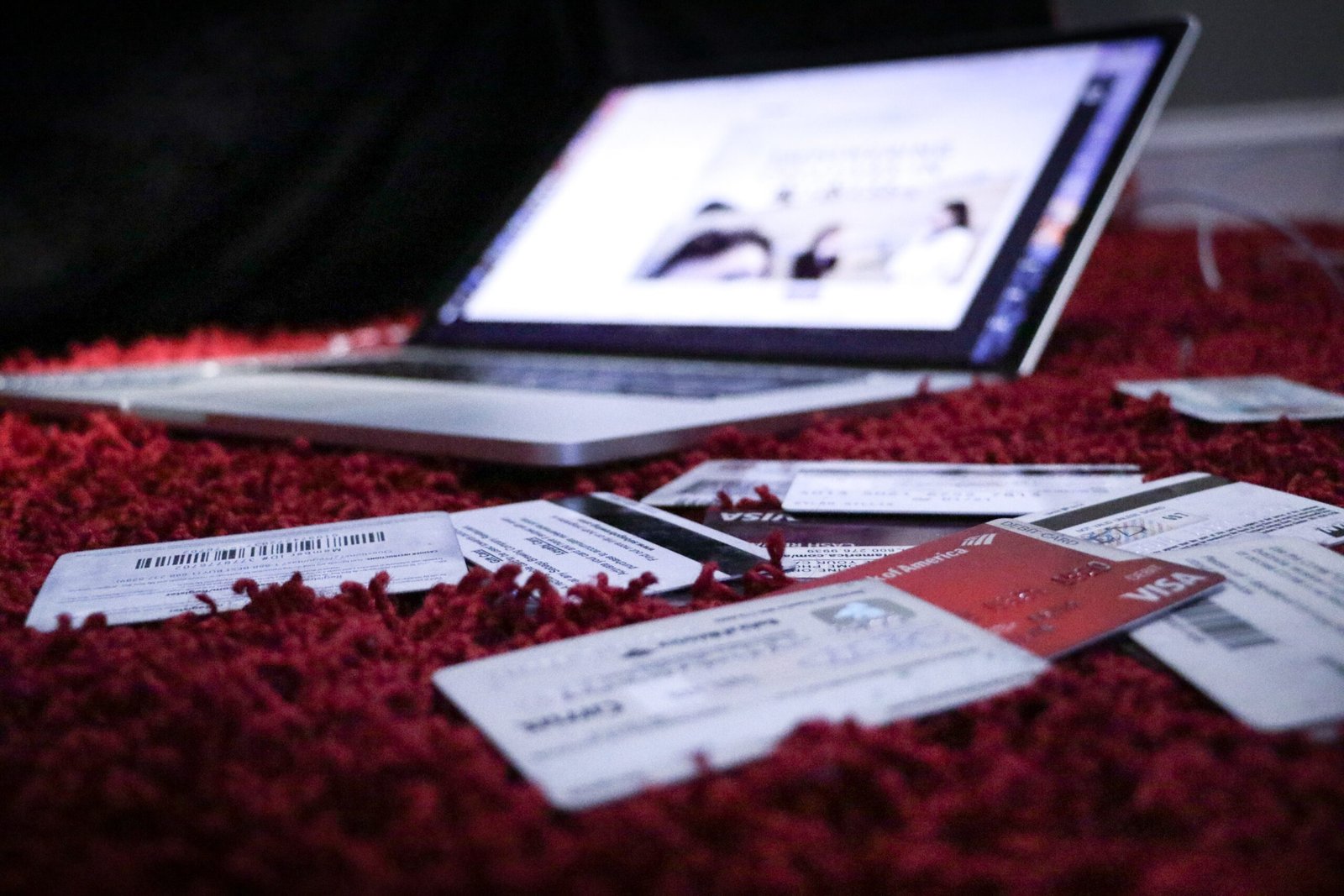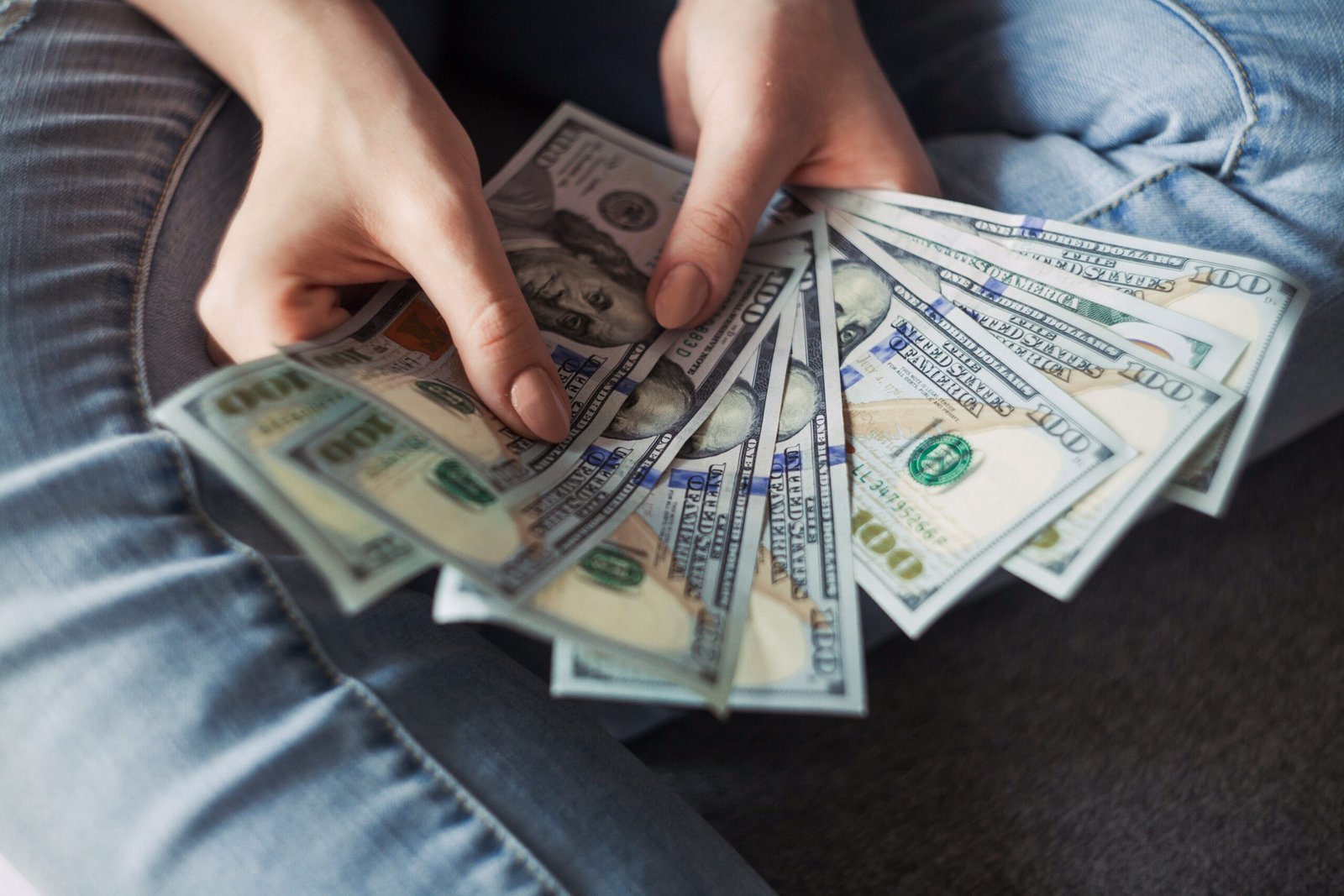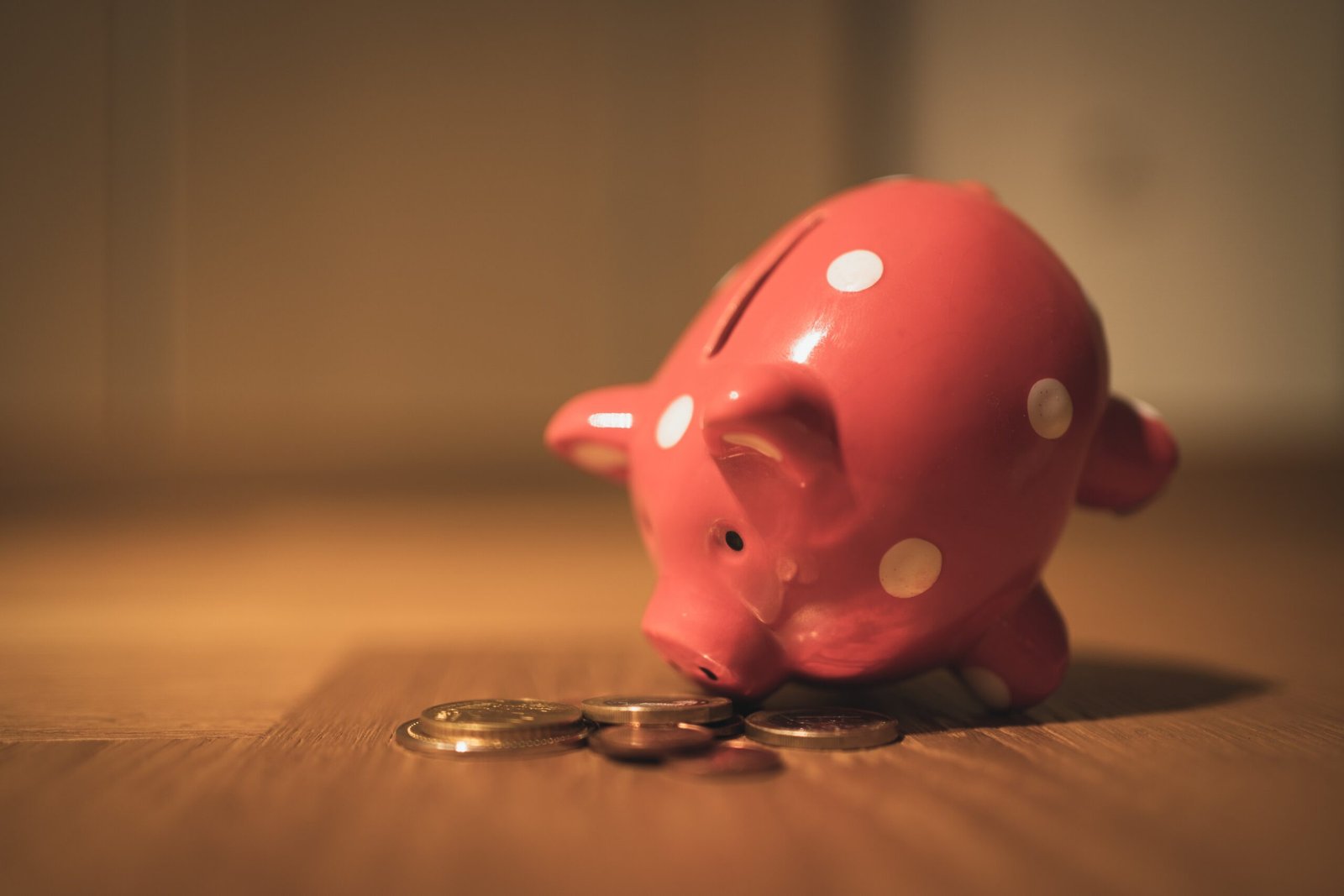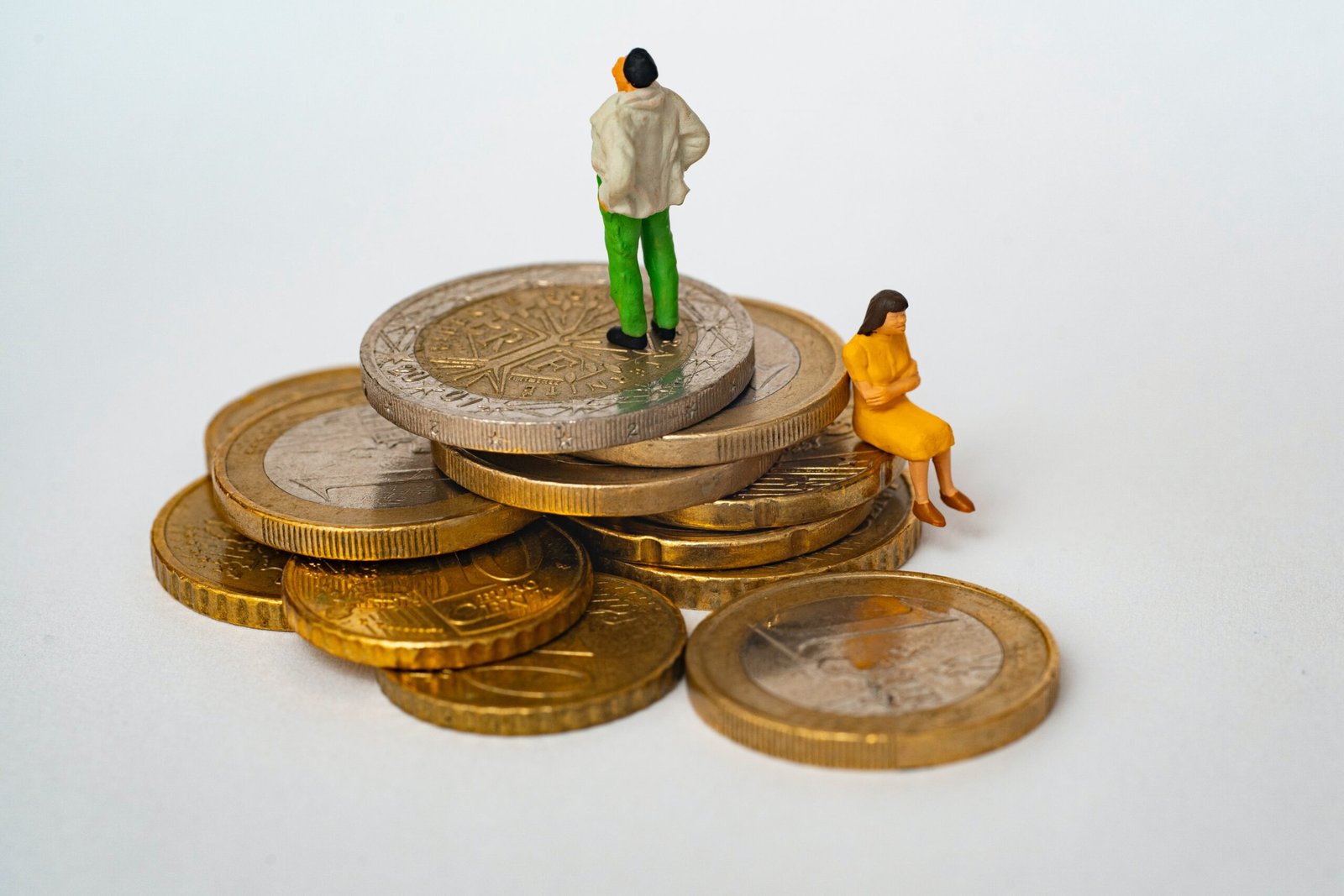Introduction
Are you drowning in credit card debt? You’re not alone. According to recent studies, the average American carries over $6,000 in credit card debt. But don’t despair, there are proven strategies to help you climb out of this financial hole. In this blog post, we will explore the top 10 ways to get out of credit card debt, backed by the latest trends and expert advice.
1. Create a Budget and Stick to It
The first step towards getting out of credit card debt is to create a realistic budget. Take a hard look at your income and expenses, and identify areas where you can cut back. By tracking your spending and making conscious choices, you can ensure that your money is going towards paying off your debt instead of unnecessary purchases.
Example: Let’s say you spend $200 on dining out every month. By reducing this expense to $100 and putting the remaining $100 towards your credit card payments, you can make significant progress towards becoming debt-free.
2. Prioritize Your Debts
If you have multiple credit cards, it’s essential to prioritize your debts. Start by paying off the card with the highest interest rate first, while making minimum payments on the others. Once the first card is paid off, move on to the next one. This strategy, known as the “debt avalanche method,” can save you money on interest payments in the long run.
3. Consider Debt Consolidation
If you’re struggling to manage multiple credit card payments, debt consolidation might be a viable option. This involves combining all your debts into a single loan with a lower interest rate. By doing so, you can simplify your payments and potentially save money on interest.
4. Negotiate Lower Interest Rates
Don’t be afraid to reach out to your credit card company and negotiate for lower interest rates. Many credit card issuers are willing to work with customers who are in financial distress. By reducing your interest rates, you can accelerate your debt repayment and save money in the process.
5. Increase Your Income
If your current income is not enough to cover your debt payments, consider finding ways to increase your earnings. This could involve taking on a part-time job, freelancing, or starting a side business. By generating extra income, you can allocate more money towards paying off your credit card debt.
6. Seek Professional Help
If you’re feeling overwhelmed by your debt, it may be beneficial to seek professional help. Credit counseling agencies can provide guidance and assistance in creating a debt management plan. They can also negotiate with creditors on your behalf and help you develop healthy financial habits.
7. Avoid Taking on New Debt
While you’re working towards becoming debt-free, it’s crucial to avoid taking on new debt. Cut up your credit cards or keep them in a safe place to resist temptation. Focus on using cash or debit cards for your purchases, and only spend what you can afford.
8. Snowball Method
The snowball method is another popular strategy for paying off credit card debt. Start by paying off the smallest balance first, while making minimum payments on the others. Once the first debt is paid off, take the money you were using for that payment and apply it to the next smallest debt. This method can provide a psychological boost as you see your debts disappearing one by one.
9. Cut Expenses
Take a hard look at your expenses and identify areas where you can cut back. Cancel unused subscriptions, reduce entertainment expenses, and find ways to save on utilities. Every dollar you save can be put towards paying off your credit card debt.
10. Stay Motivated
Getting out of credit card debt is a journey that requires commitment and perseverance. Stay motivated by tracking your progress, celebrating milestones, and visualizing your debt-free future. Surround yourself with supportive friends and family who can encourage you along the way.
Frequently Asked Questions
Q: How long will it take to get out of credit card debt?
A: The timeline for becoming debt-free varies depending on your individual circumstances. It could take several months to several years, depending on factors such as your debt amount, income, and repayment strategy.
Q: Will getting out of credit card debt improve my credit score?
A: Yes, paying off your credit card debt can positively impact your credit score. It demonstrates responsible financial behavior and reduces your credit utilization ratio, both of which are factors in determining your creditworthiness.
Q: Should I close my credit card accounts once I pay them off?
A: While it may be tempting to close your credit card accounts, it’s generally advisable to keep them open. Closing accounts can negatively impact your credit score by reducing your available credit and shortening your credit history.
Q: Can I negotiate a lower settlement amount with my credit card company?
A: In some cases, you may be able to negotiate a lower settlement amount with your credit card company. However, this can have a negative impact on your credit score, and the forgiven amount may be subject to income tax.
Tips:
– Stay organized by keeping track of your debts, payments, and progress.
– Consider using apps or online tools to help you manage your budget and track your expenses.
– Educate yourself on personal finance and money management to make informed decisions.
– Celebrate small victories along the way to stay motivated and focused on your goal.
Conclusion
Getting out of credit card debt requires discipline, determination, and a solid plan. By following the top 10 strategies outlined in this blog post, you can take control of your finances and pave the way to a debt-free future. Remember, it’s never too late to start. Take the first step today and start your journey towards financial freedom.
Call to Action
If you found this blog post helpful, please share it with others who may benefit from these strategies. Together, we can empower more individuals to break free from the burden of credit card debt and achieve financial well-being.









